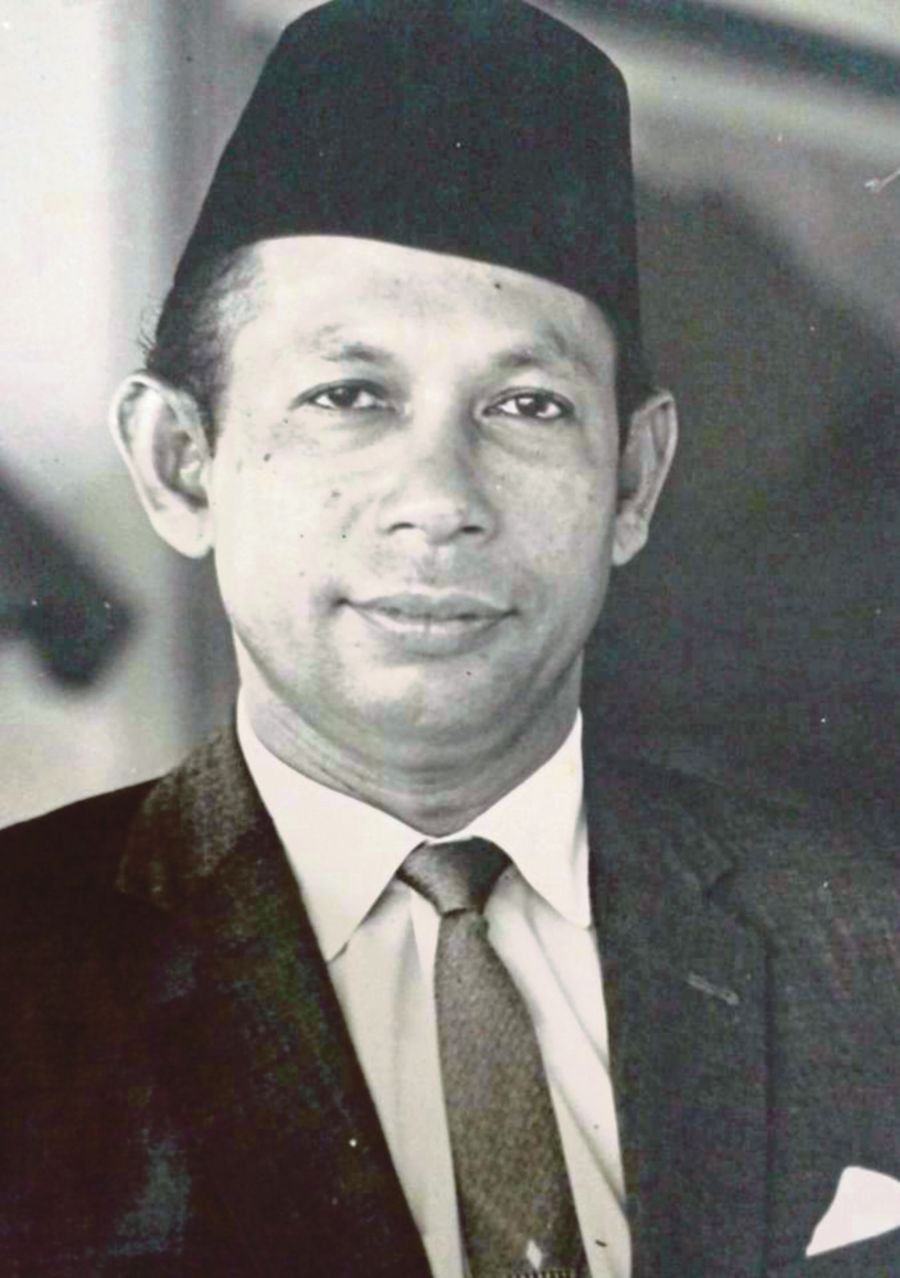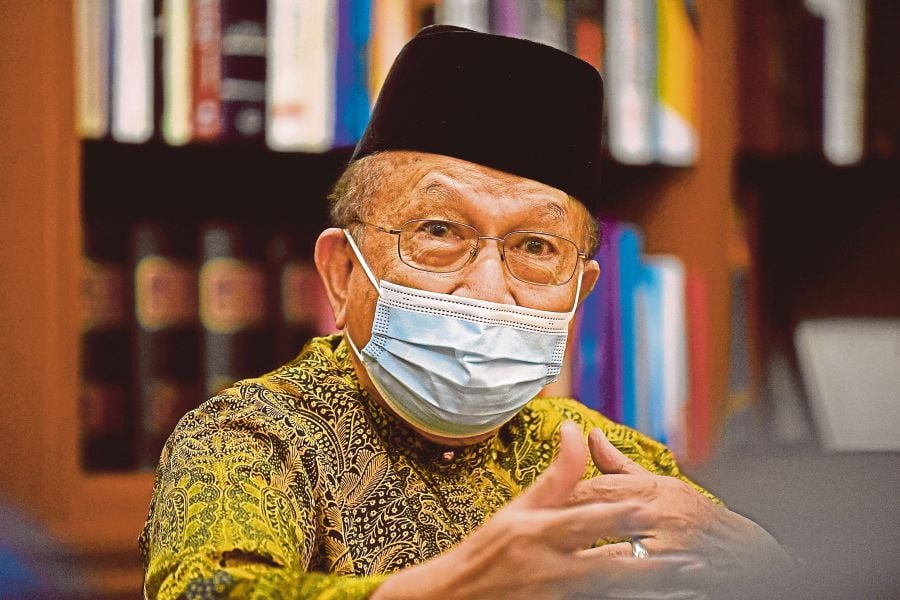Is Malaysia ready for a fixed parliamentary term system? Experts and political observers certainly think so, saying that it will eliminate the perennial issue of streamlining general and state elections, as well as levelling the playing field for all political parties.
The issue came to the fore recently after five state governments, namely Penang, Kedah, Sabah, Kelantan and Terengganu, said they would not be dissolving their respective state assemblies to synchronise with the 15th General Election (GE15).
Holding separate elections, said Minister in the Prime Minister's Department (Economy) Datuk Seri Mustapa Mohamed, would see the cost ballooning to RM2 billion.
Dewan Negara Speaker Tan Sri Dr Rais Yatim said the idea of a fixed parliamentary term was mooted in 1974 by former cabinet minister Tan Sri Senu Abdul Rahman, who was Umno's first secretary-general.
However, Rais, who was then the parliamentary secretary of culture, youth and sports, said the idea "died a natural death".

Rais, a lawyer by training, said a fixed parliamentary term would provide at least three benefits to the country.
The first, he said, would give certainty to the parliamentary period of the establishment for each term, thus dispelling ambiguity on when the next election would be held.
"Second, there will be less politicking and third, it will offer a better scope and fulfilment for all preparatory work to all political parties.
"At the moment, even the Election Commission (EC) is involved in a guessing game on when the Yang di-Pertuan Agong will agree to dissolve Parliament, and this is not good for nation-building. This idea should be mooted again and explained to all stakeholders.

"At the same time, we must look at the structure of political parties. We should avoid having a very huge political party deciding when the general election should be held as we have practised for decades," he told the New Straits Times.
A fixed parliamentary term would require a sitting government to see out its term before calling for a general election.
Presently, the prime minister is able to call for a general election anytime within the government's five-year term.
Rais said although Malaysia was emulating the United Kingdom's Westminster system, it should broaden its horizon.
"We need to look at the generational benefits. It (the dissolution of Parliament) should be certain instead of guesswork because that entails a lot of political work, commotion and abuse.
"It should centre on the caucus of opinions so that the king would be able to discern a more specific time (to dissolve Parliament). I support this idea and I believe it will be good for the country and the people."
Universiti Malaya political analyst Dr Mohammad Tawfik Yaakub agreed, saying that Malaysia should catch up with other democracies and be on the same level as developed nations.
Citing the anti-party hopping and political funding laws, which he said were only brought to Parliament after the country struggled with various problems, Tawfik said Malaysia has to be proactive instead of reactive.
"If we want to transform and reform our political system, we must do so with admirable intentions instead of following our lust (for power) and political interests. We cannot allow our laws to be an umbrella to only protect certain people. We must show the maturity of our democracy," he said.
Tawfik said given that the government's current term would not end until the middle of next year, the proposal for a fixed parliamentary term should be brought to the Dewan Rakyat in the upcoming sitting next month.
"After GE14, we saw how all political leaders and Malaysians were talking about politics nonstop. This is not healthy.
"If we keep talking about politics and on when the general election is going to be held, when will we talk about nation-building? Both the government and the opposition must have the political will to make this happen."




















